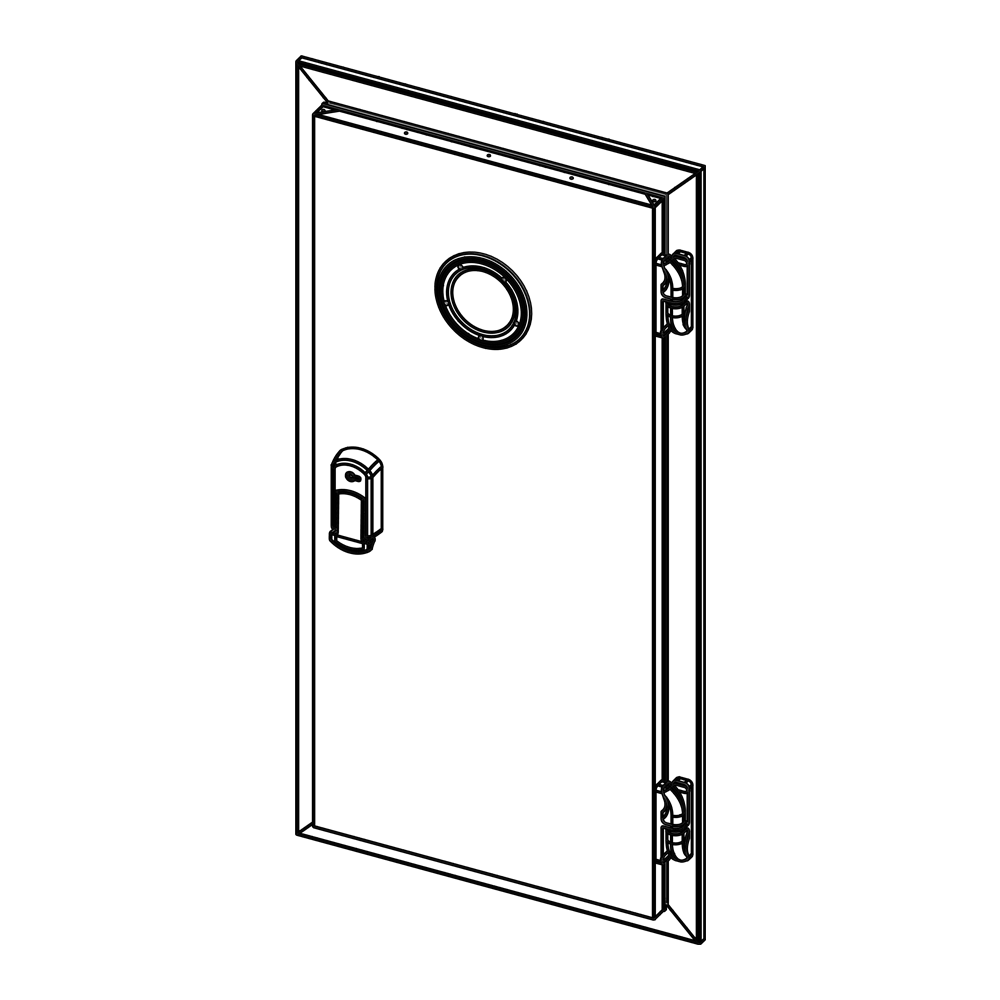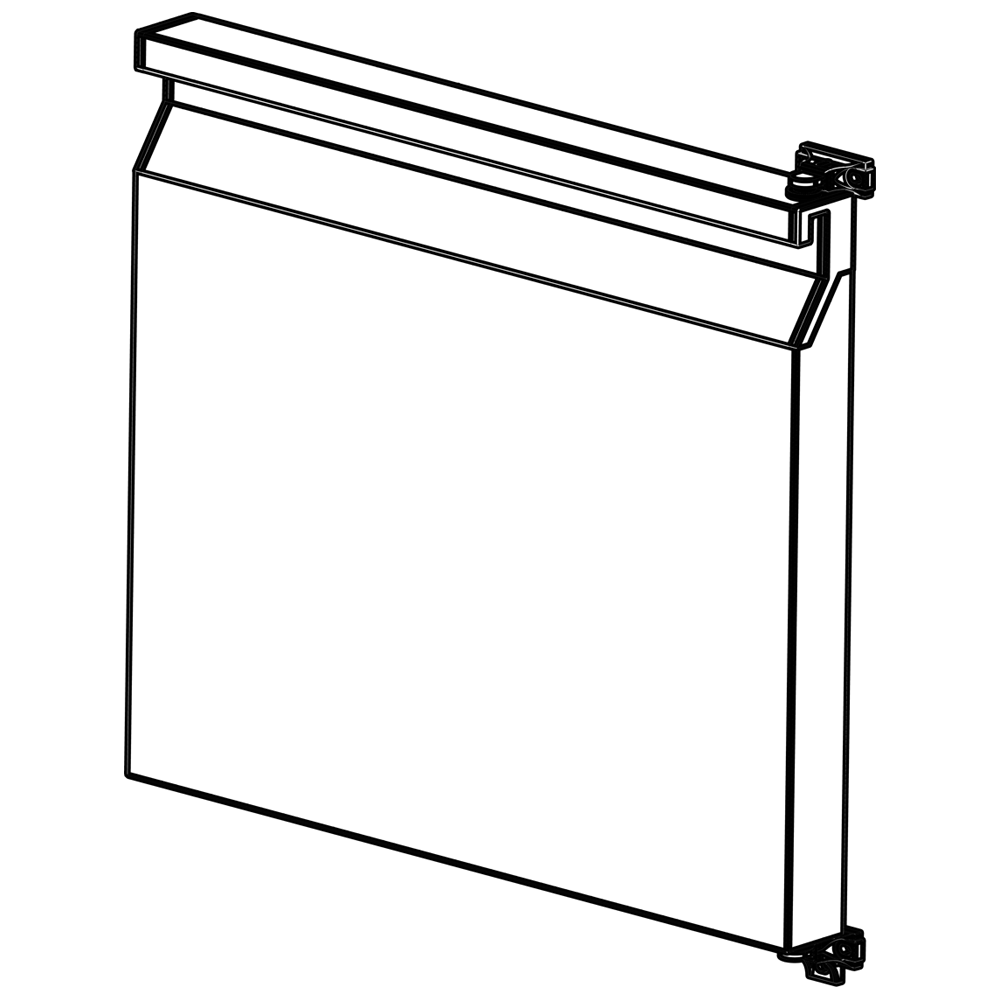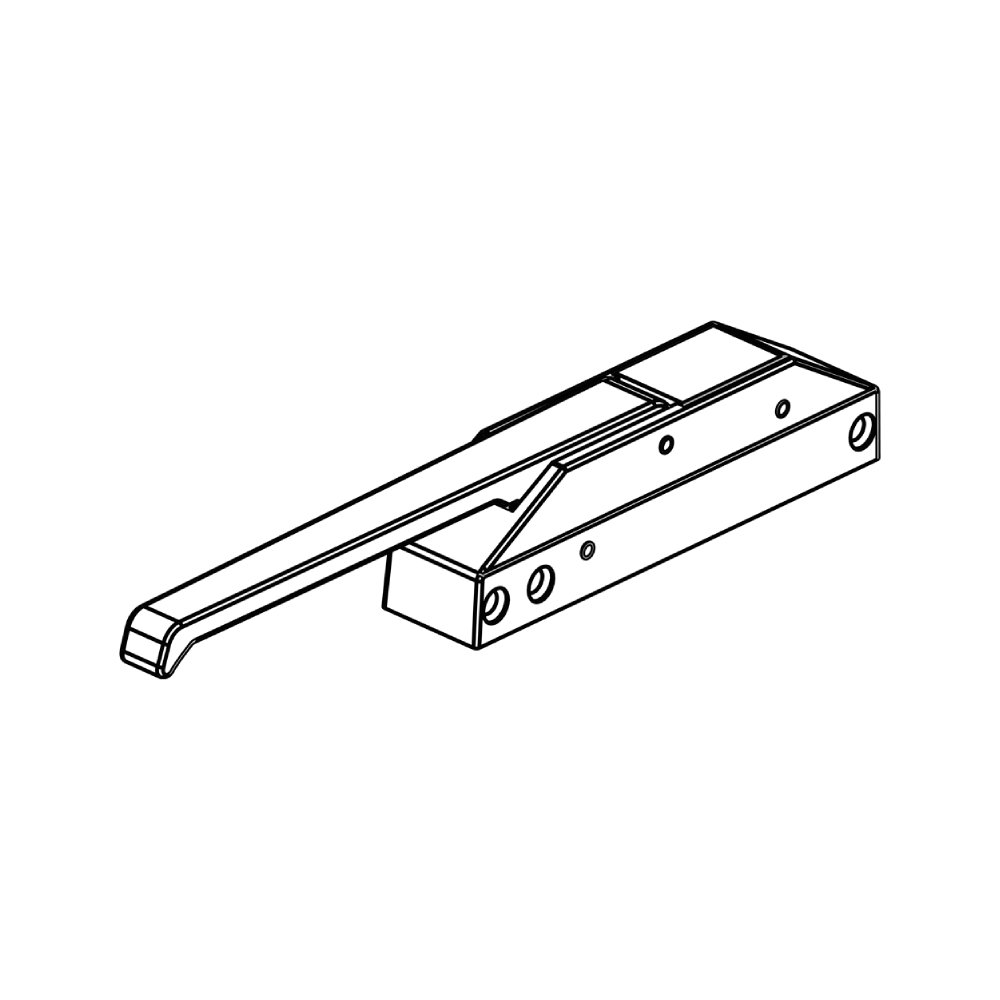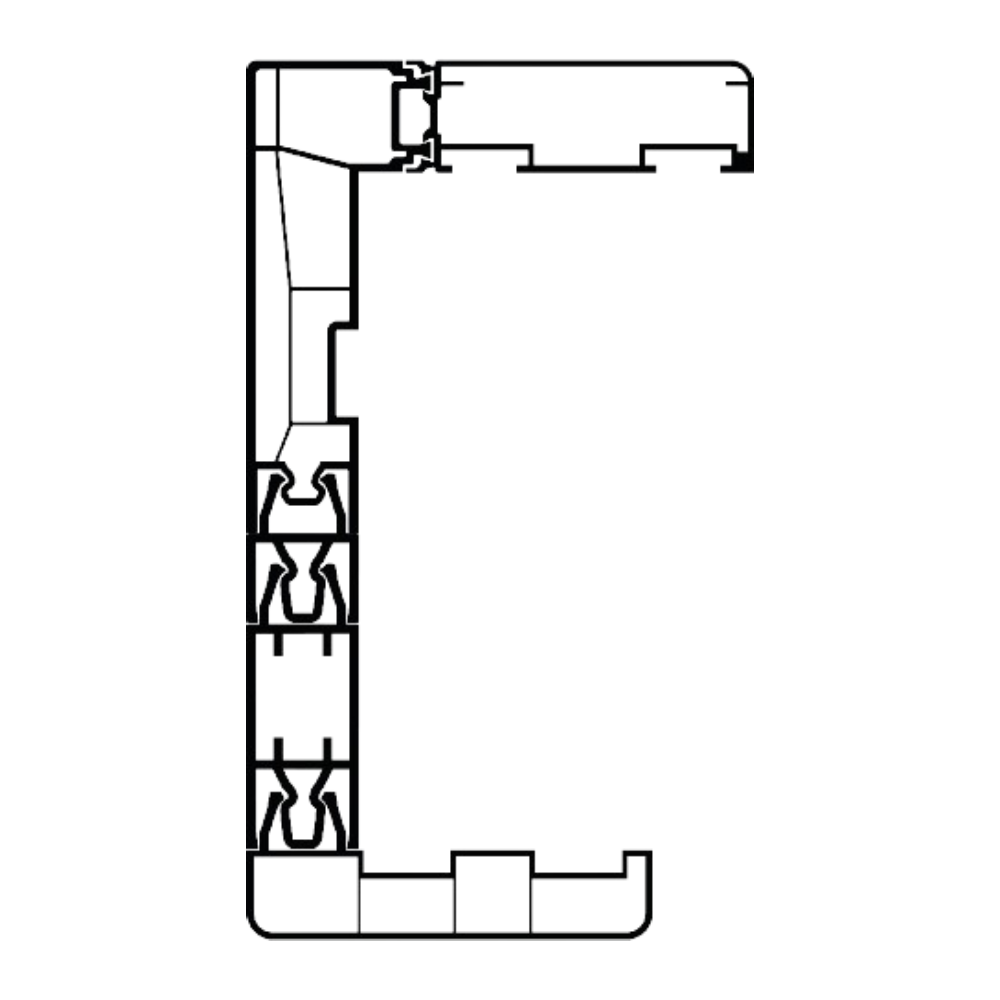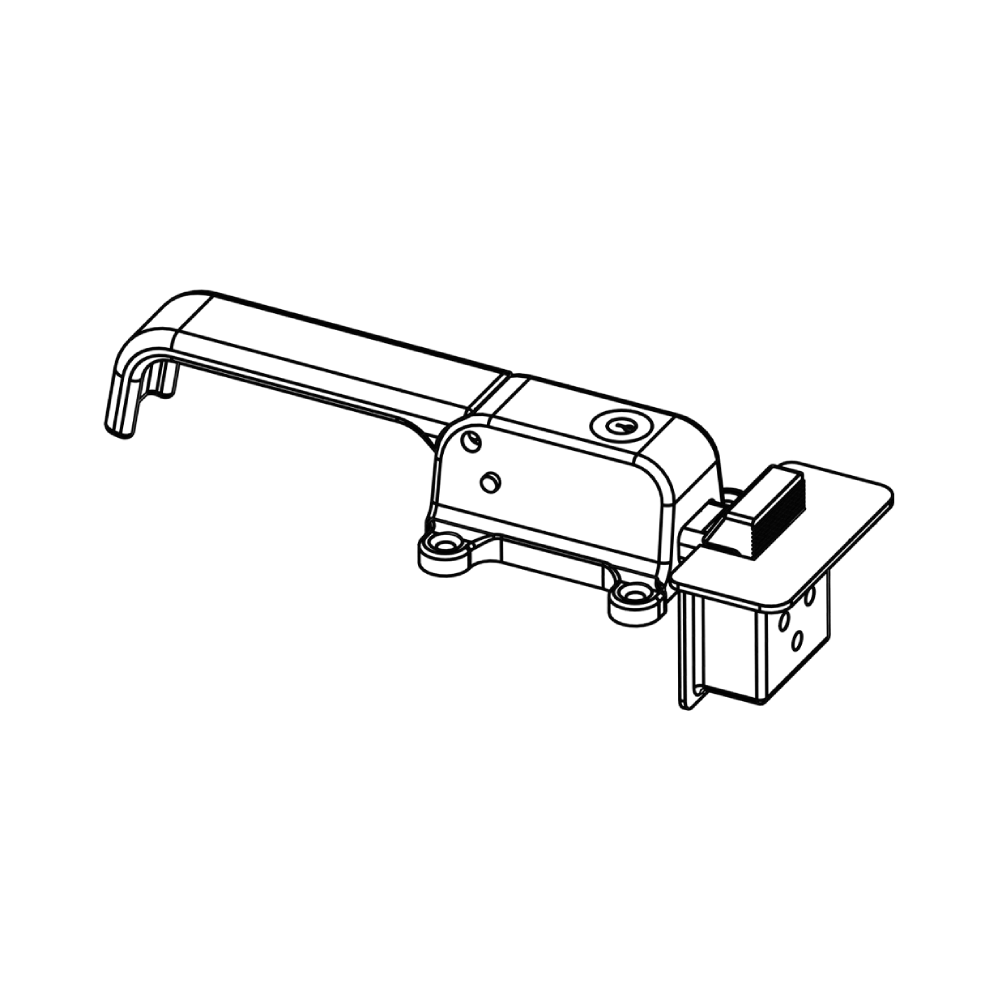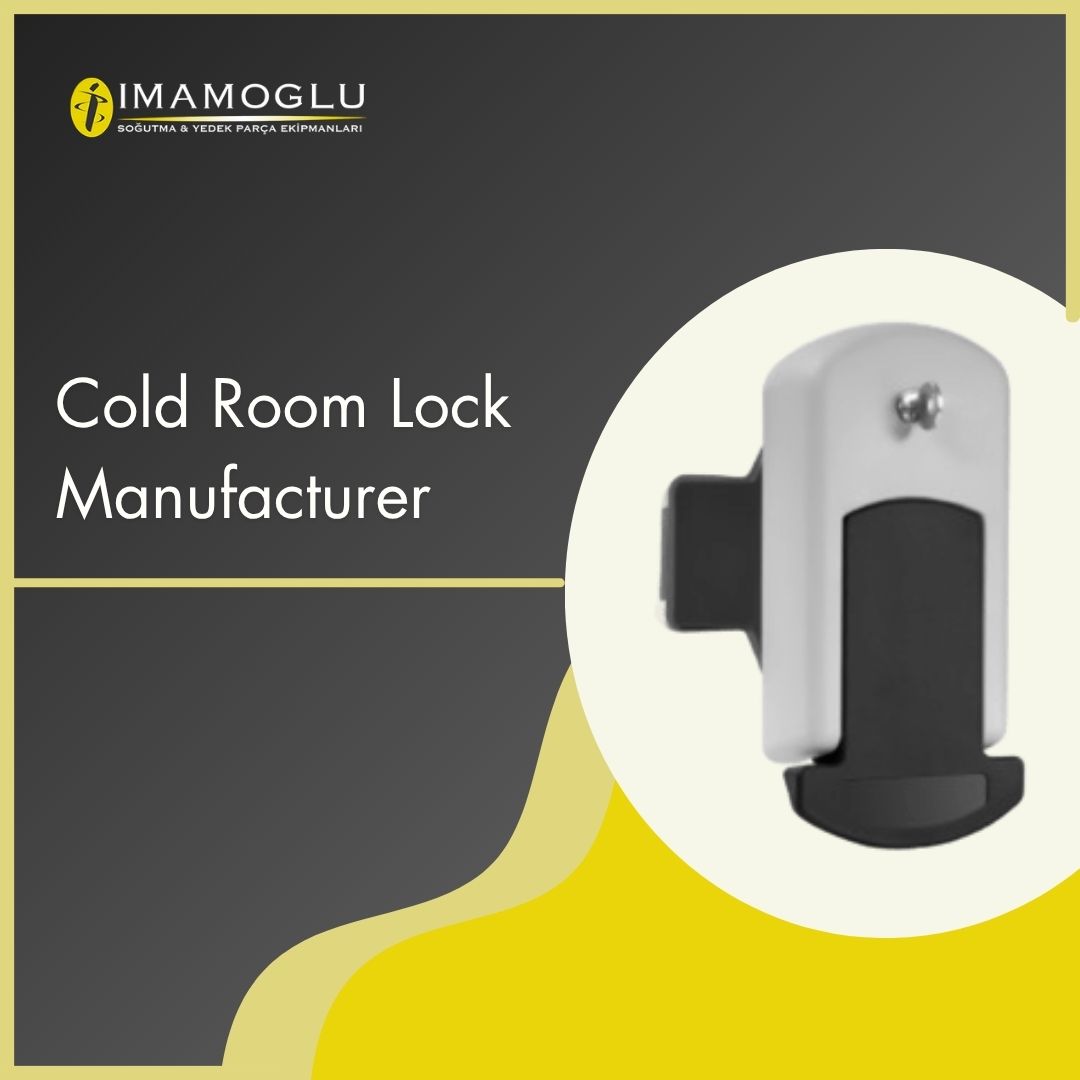Cold Room Lock Manufacturer
Table of Contents
- Importance of Cold Room Locks
- Factors to Consider When Choosing a Cold Room Lock Manufacturer
- Where Are Cold Room Locks Used?
- Materials Used in Cold Room Locks
- Advantages of Cold Room Locks
- Solutions Offered by Cold Room Lock Manufacturers
- Cold Room Lock Prices and Economical Options
Importance of Cold Room Locks
Cold room locks provide a critical security component for cold storage and cold rooms. These locks help maintain the security of food, pharmaceuticals, or other temperature-controlled products stored in these areas. A cold room lock manufacturer ensures these locks are produced according to high security standards. The durability and functionality of the locks enable businesses to operate efficiently.
Factors to Consider When Choosing a Cold Room Lock Manufacturer
When selecting a cold room lock manufacturer, several important factors should be considered. First, the manufacturer's experience and industry knowledge are crucial. Since cold room locks must meet high security requirements, the manufacturer should have a strong background in quality and security. Additionally, the durability of the manufacturer's products is extremely important. The locks should be long-lasting and maintain their performance under continuous use.
Another important factor is the customization options offered by the manufacturer. Cold room locks can be tailored to each business's specific needs, so the manufacturer's ability to provide customized solutions is a significant advantage. Furthermore, the installation and maintenance services should be high-quality and prompt.
Where Are Cold Room Locks Used?
Cold room locks are commonly used in the food industry, particularly in cold storage and cold storage warehouse areas. These locks help maintain temperature control and enhance the security of stored products. They are also preferred for pharmaceutical warehouses, chemical storage facilities, and various temperature-controlled environments. Cold room locks help protect cold storage areas from unauthorized access and ensure product safety.
Materials Used in Cold Room Locks
Cold room locks are specialized hardware designed to provide security, and their reliability, durability, and longevity largely depend on the materials used. The materials in cold room locks not only ensure security but also guarantee performance under harsh environmental conditions. Considering factors like temperature fluctuations, humidity levels, and chemical exposure in cold rooms, the materials must be high-quality and durable. Here are the commonly used materials in cold room locks and their characteristics:
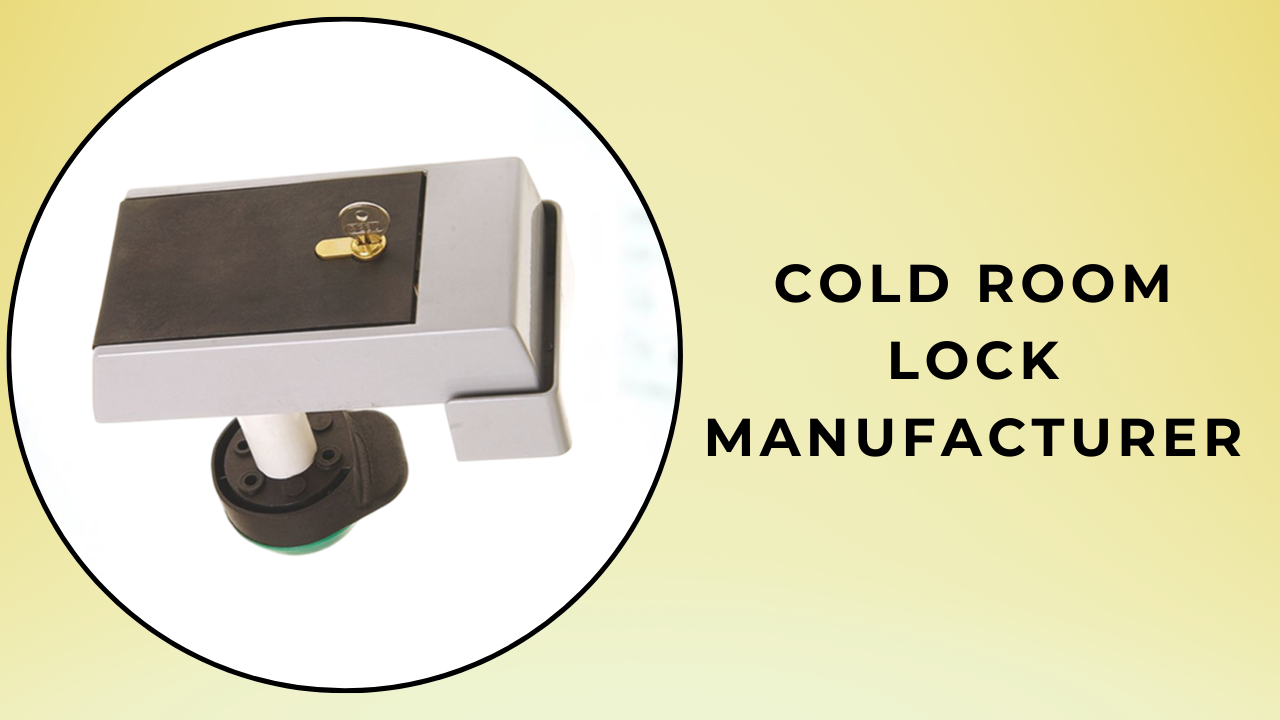
Stainless Steel
Stainless steel is the most widely used material for cold room locks. Known for its durability and resistance to external factors, stainless steel is ideal for locks exposed to outdoor conditions. The stainless steel used in cold room locks offers high resistance to rust, wear, and corrosion. This ensures the locks remain functional for extended periods, even in cold environments with low temperatures. Stainless steel plays a critical role in maintaining security in cold rooms, especially in the food, pharmaceutical, and chemical industries.
Aluminum
Aluminum is another popular material known for its lightweight and durability. While aluminum is lighter than stainless steel, it still provides robustness. It is highly resistant to corrosion and performs well in the humid conditions of cold rooms. When used in the body of cold room locks, aluminum enhances durability while making installation and transportation easier. Additionally, aluminum improves energy efficiency by effectively insulating the cold room environment.
Copper
Copper is another material used in specialized cold room locks, typically for internal mechanism components. As an excellent electrical conductor, copper is used in modern cold room locks that integrate with digital security systems. Copper also prevents corrosion and microbial growth, making it highly effective for ensuring the safety of food and pharmaceuticals in cold storage environments.
Hard Plastic and Composite Materials
Hard plastics and composite materials are often used for external casings in some cold room locks. These materials are cost-effective while providing protection against external factors. They are durable, absorb impacts, and are easy to install. Plastic and composite materials also reduce the overall weight of the locks, making them affordable options for small and medium-sized businesses.
Insulation Materials
Insulation materials are another essential component in cold room locks. Since cold rooms require stable temperatures, the locks must support energy efficiency. Insulation materials minimize energy loss by creating a thermal barrier between the lock's interior and exterior. This helps maintain consistent temperatures inside the cold room and provides energy savings. Common insulation materials include polystyrene, polyurethane, and other specialized compounds.
Glass and Transparent Materials
With advancing technology, some cold room locks now incorporate transparent glass or acrylic materials. These allow visual monitoring of the lock mechanism to ensure proper operation. Transparent materials also accommodate security sensors and digital displays. However, glass and similar materials are typically used only in internal mechanisms or smaller locks.
The materials used in cold room locks not only enhance security but also contribute to energy efficiency, durability, and longevity. Therefore, cold room lock manufacturers prioritize material quality. Businesses should consider these advantages when selecting the most suitable lock solutions.
Advantages of Cold Room Locks
Cold room locks offer numerous advantages. The most prominent is the security they provide. These locks safeguard stored products and prevent unauthorized access. Another major benefit is energy efficiency. A well-designed cold room lock maintains temperature stability while ensuring security, minimizing energy consumption.
Another key advantage is durability. Cold room locks are made from robust materials that withstand harsh conditions, ensuring long-term performance. Some locks also feature anti-corrosive properties, preventing performance degradation even in challenging environments.
Solutions Offered by Cold Room Lock Manufacturers
Cold room lock manufacturers provide solutions tailored to various needs. These solutions focus on enhancing security, improving energy efficiency, and increasing durability. Customized cold room locks can be designed to meet specific industrial requirements, addressing unique security needs.
For large-scale storage facilities, advanced technologies like automatic locking systems are available. These systems enable quick access and streamline operations. Additionally, cold room locks with digital security features are becoming increasingly popular. These systems restrict access to authorized personnel only, maximizing security.
Cold Room Lock Prices and Economical Options
Cold room lock prices vary based on materials, security features, and customization options. Locks made from stainless steel and those with high-security systems are generally more expensive. However, many manufacturers offer economical options to fit different budgets. Affordable cold room locks provide security and durability without compromising quality.
Pricing may also include installation and maintenance services. A cold room lock manufacturer typically offers comprehensive services, ensuring long-term cost savings for users.


